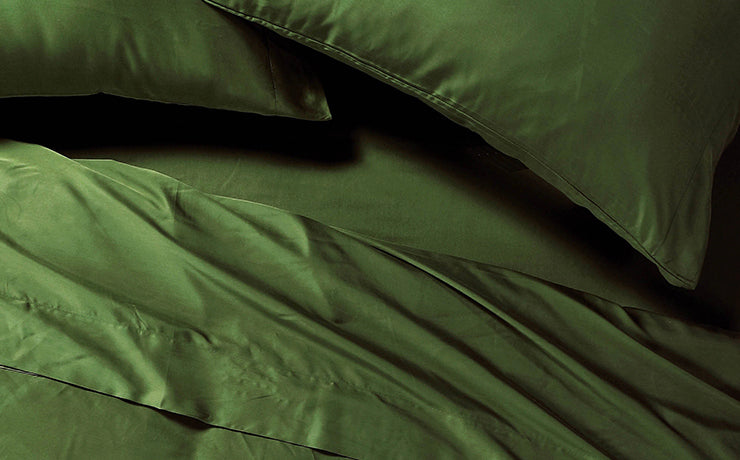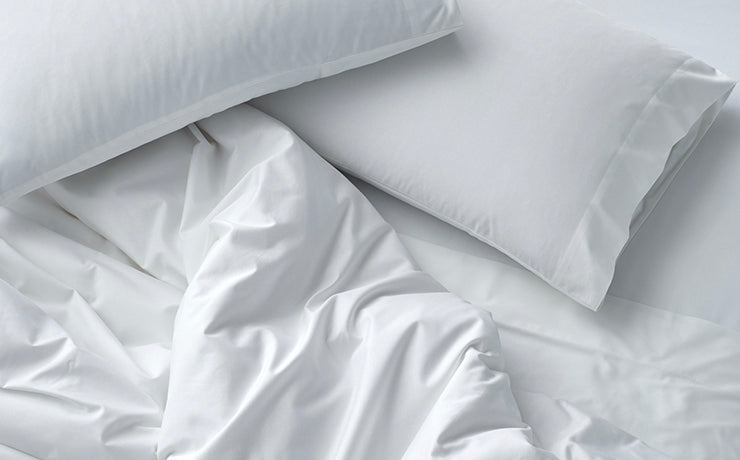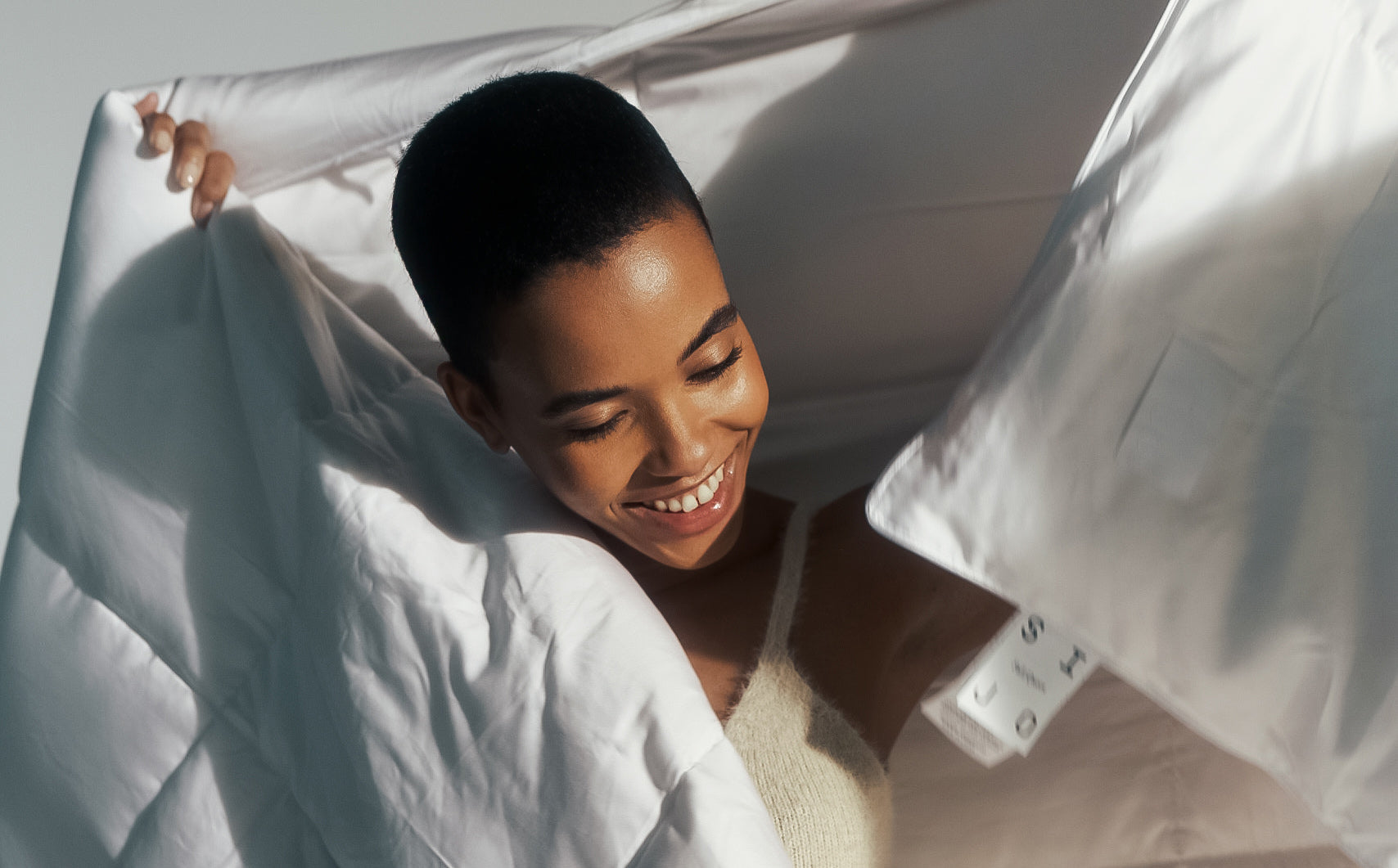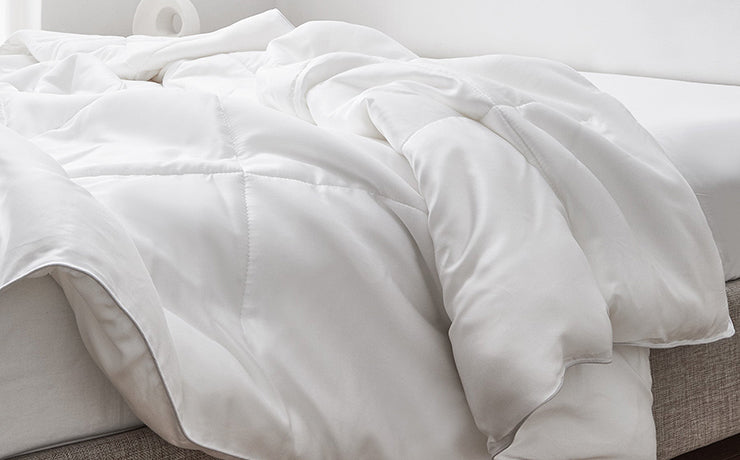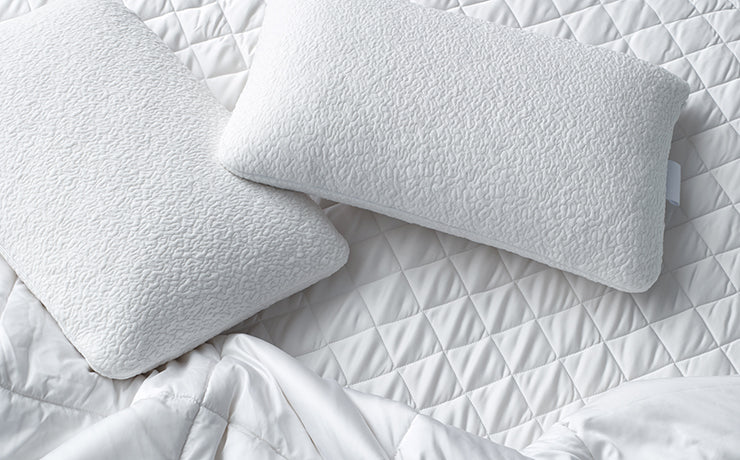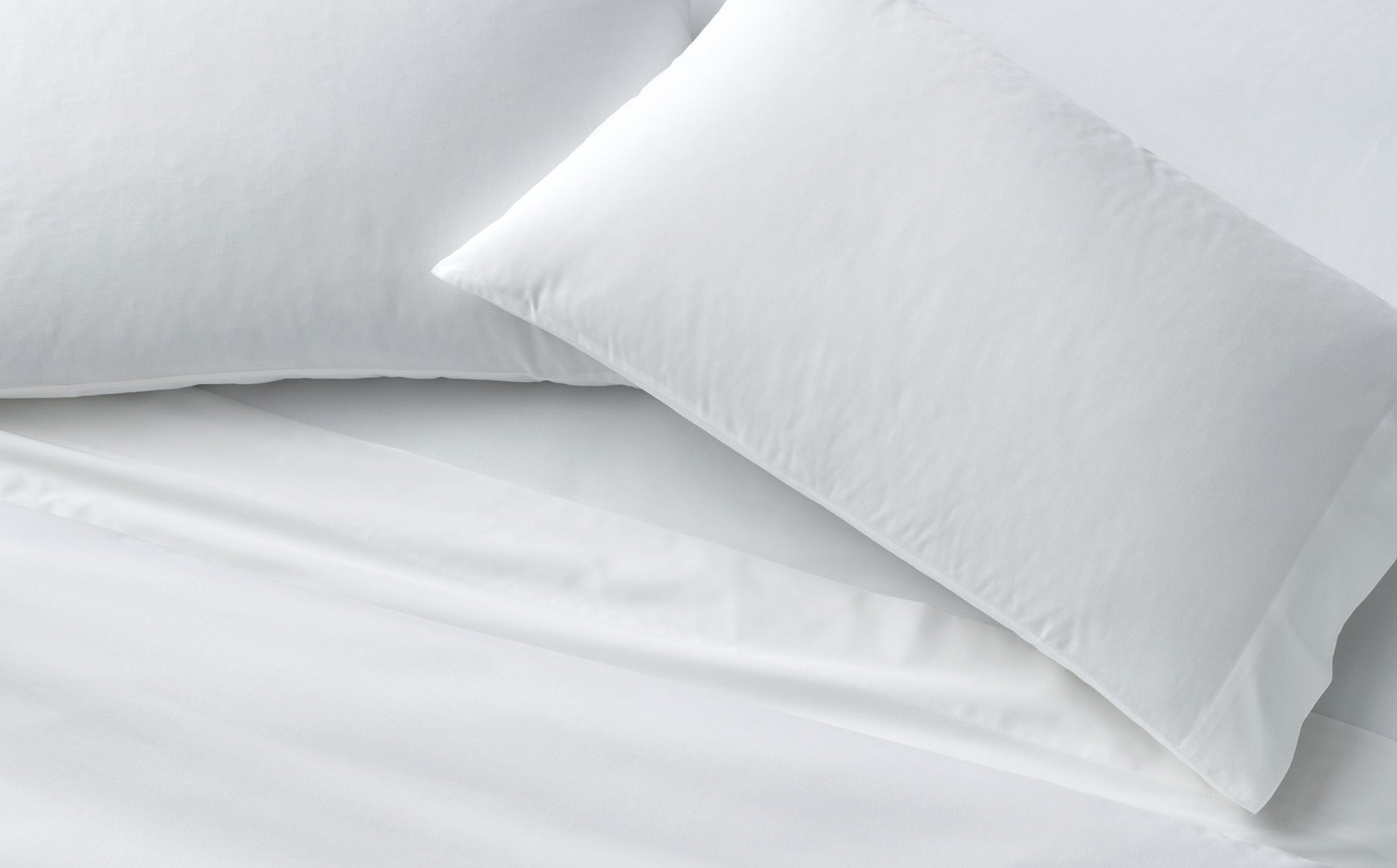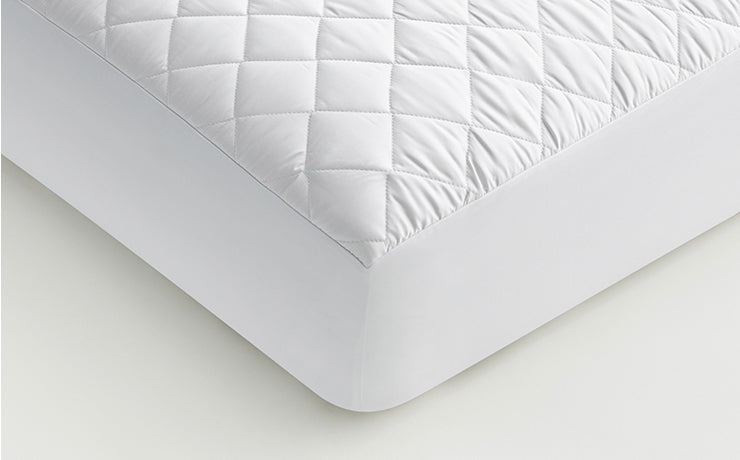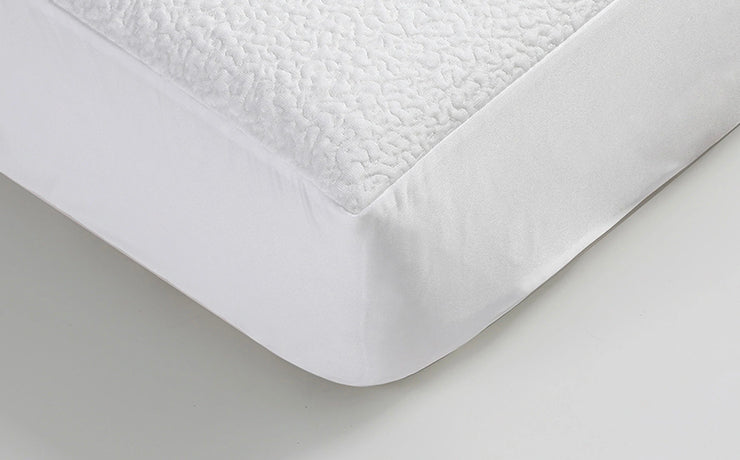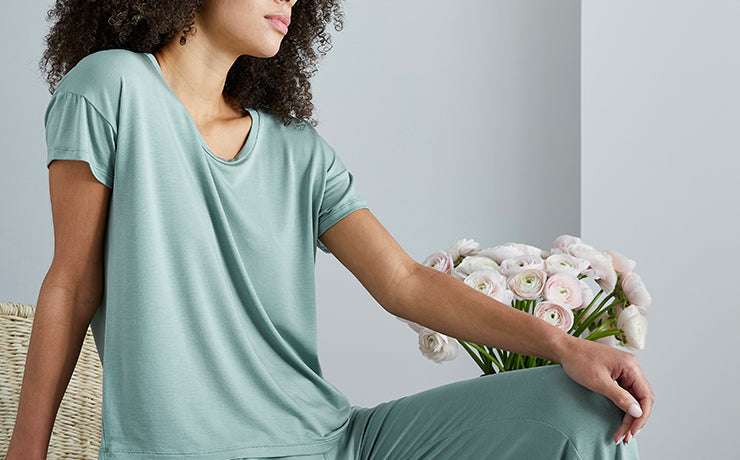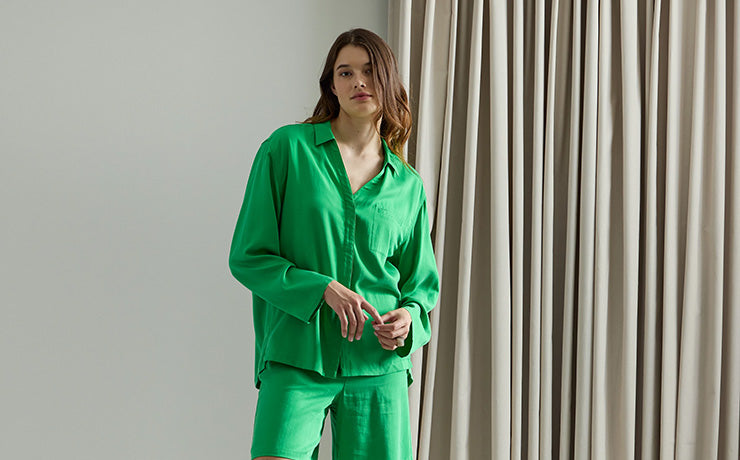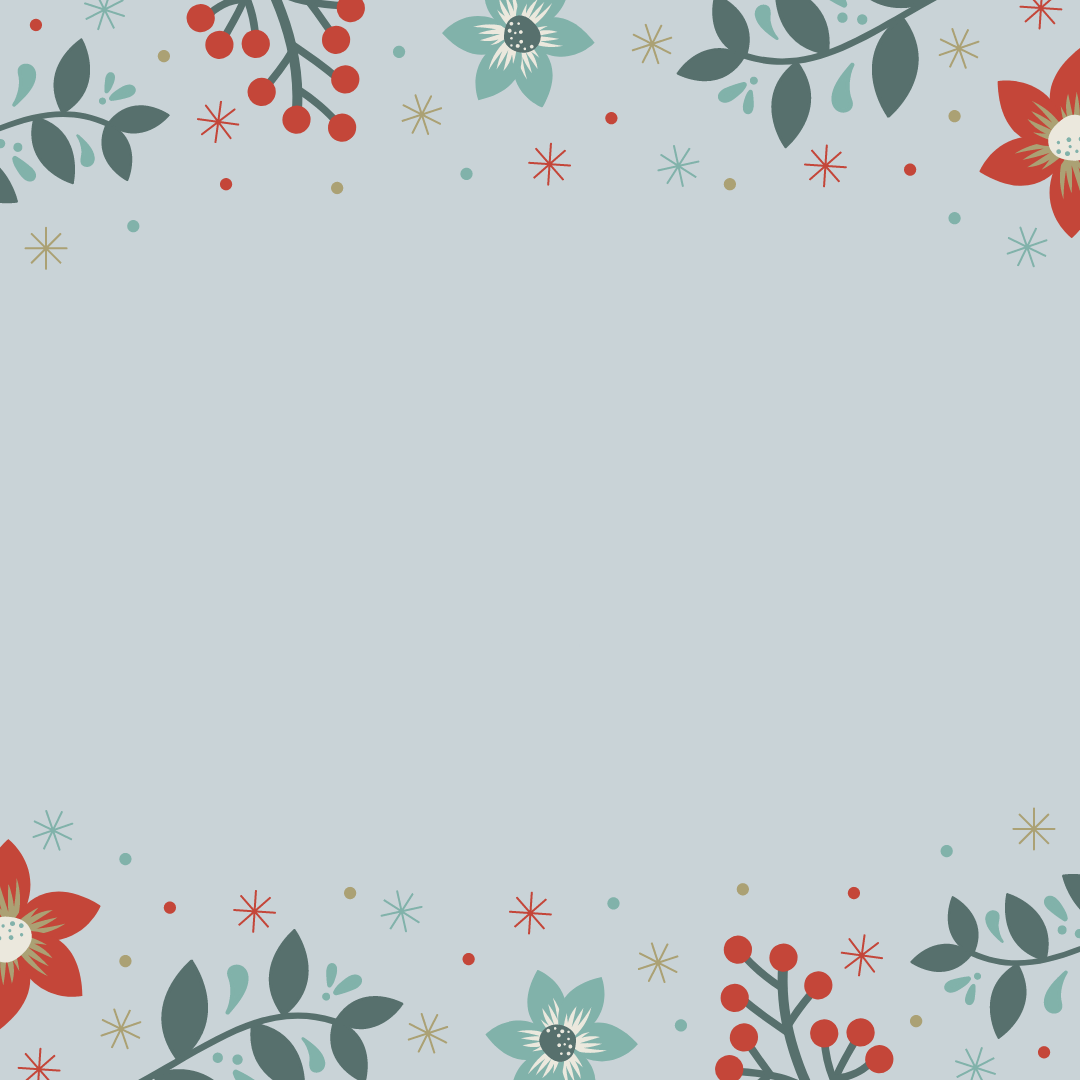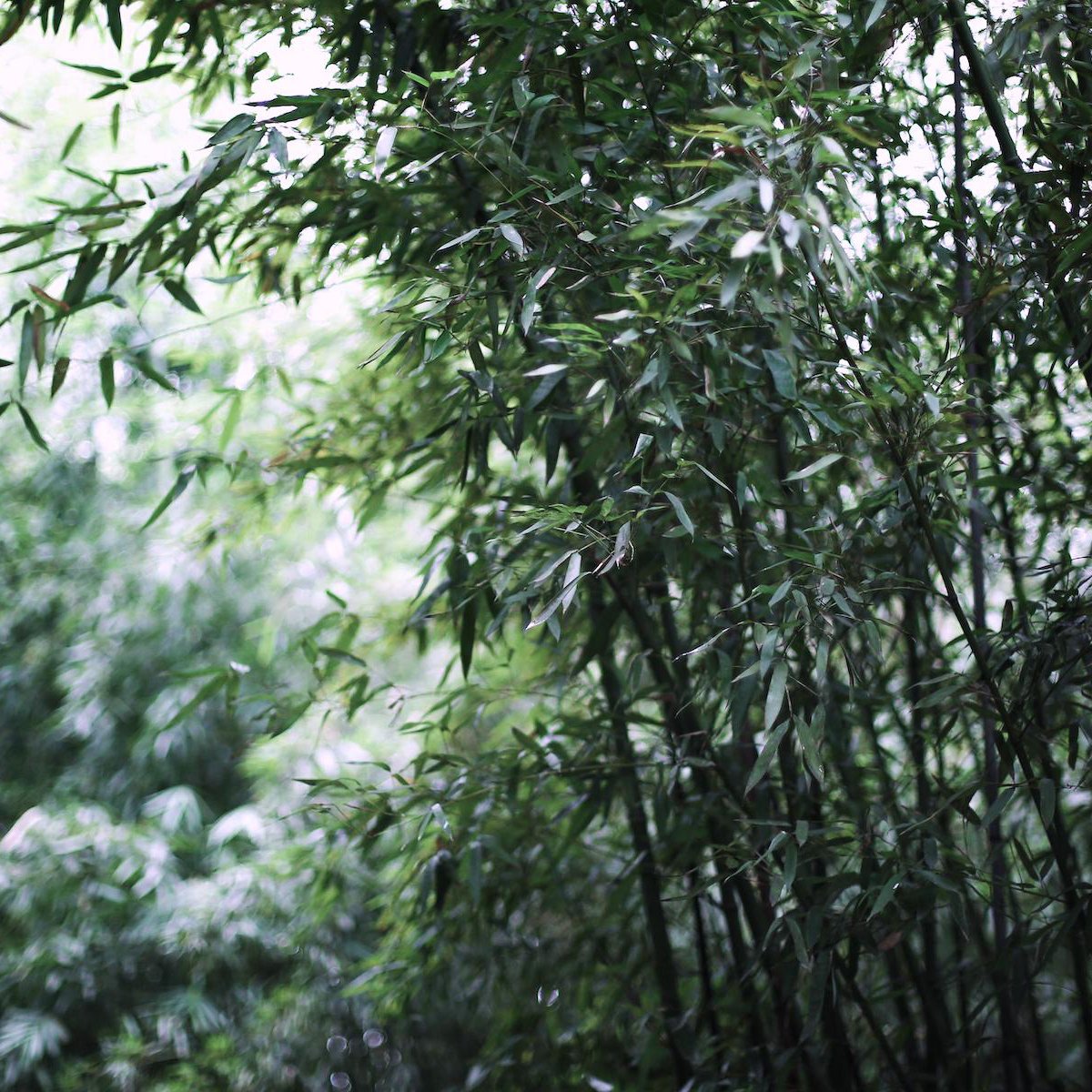
Can Bamboo Be Organic?
There's a lot of myth and marketing speak out in the world when it comes to bedding materials and benefits. When Jacob and Anni created Sijo, they sought to create a brand that meets their high personal standards of quality. This mentality has become the main tenet of Sijo. With that, and in the spirit of transparency, we wanted to share a few things about our Bamboo Lyocell Bedding.

So the main question here: Can bamboo be organic?
Short answer is... No. That doesn't mean it isn't healthy and safe, though!
By nature, all bamboo is grown in the wild, and thus doesn’t need fertilizer. By definition, organic (in a food/farming capacity) denotes products grown without the use of fertilizers or pesticides. Therefore, bamboo cannot be organic, because it is already a fertilizer-free product. Noting that bamboo is organic is essentially just a marketing tactic, and in the spirit of transparency, we wanted to share that with you. Bamboo requires minimal water as well, and naturally has great characteristics as it is both hypoallergenic and antimicrobial.

Ok, cool. So we've settled that. But what about the rest of the process?
We take a lot of pride in the safety and quality of our dye. Even products grown in the wild or labeled as organic (i.e. "organic cotton") sometimes need to be dyed. When an "organic" product enters the dye process, it's no longer organic, technically. So, a lot of the material's health and safety comes down to the dye quality. The dye we use for our Sijo bedding (both bamboo and linen) and loungewear is Oeko-Tex certified, which indicates that a product is free of harmful chemicals and is safe for human use. This is the highest standard for dye (for reference, Oeko-Tex is an international association labeling fabric goods for safety). All of our Sijo fabric products are Oeko-Tex Standard 100 certified, and we're proud of that.
Does that mean production is safe, too?
Yes!
Just for some background, we are the first US brand selling bamboo lyocell fabric. Lyocell is the process of how tencel, a bamboo/eucalyptus product, is made. It is a closed-loop process where the raw material is dissolved in a non-toxic solvent, making it very safe and low-waste. The process also can filter out bacteria and pollutants! You may have seen other bamboo fabric like bamboo viscose on the market, which is very common, but the process is not as sustainable or as modern. We also ensure that the factories we use treat workers fairly, and that they have safe conditions. We're committed to a safe and healthy process for everyone at every stage of production and use of our bedding.
Is there anything else you'd like to see us do a deep dive on? Let us know in an email or on social media!

